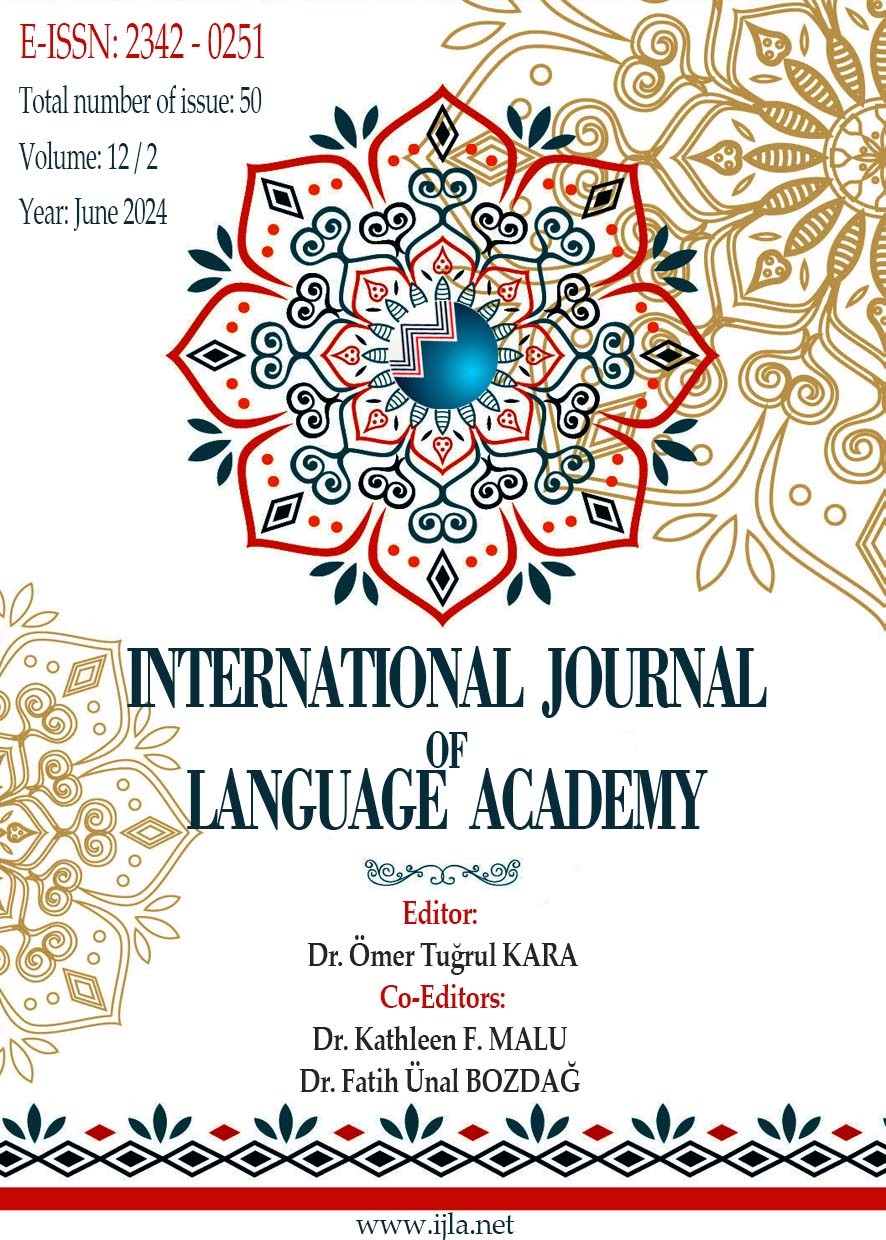Author :
Abstract
Keywords
Abstract
With the development of technology and social communication networks, the media has a distinct role in transmitting cultures and achieving people’s progress. It also works to transmit news and information at the global level. İts now performs several roles, including guidance and dissemination, transmission of cultural and social heritage, entertainment and amusement, and also works on social, health, political and other development. It has made a huge leap, especially in the twenty-first century, and has become a science taught in colleges and universities because of its importance in influencing the thoughts and psychology of people everywhere in the World. Military media is a specialized branch in the fields of state public information and one of its tools, as it plays a major role in supporting the military ideology of the people’s forces and their army forces. Especially to confront hostile propaganda from external powers. It is he who provides the people with facts, information and news that help them understand what is happening on the battlefield.
This study aims to show the importance of the language used in wars between warring parties and its psychological impact on the masses. This study is based on analyzing the media terminology of the Al-Aqsa Flood War from a linguistic standpoint.
In its linguistic analysis, this study relies on the morphological meters that were used in the Battle of Al-Aqsa Flood. They are: the explicit infinitive, the artificial infinitive, the attributed noun, the active form, the active form, and the active form. This study relies in its main materials on the linguistic terms used in the war media between the two sides of this conflict, Hamas and Israel. Its main reference was written and visual websites.





